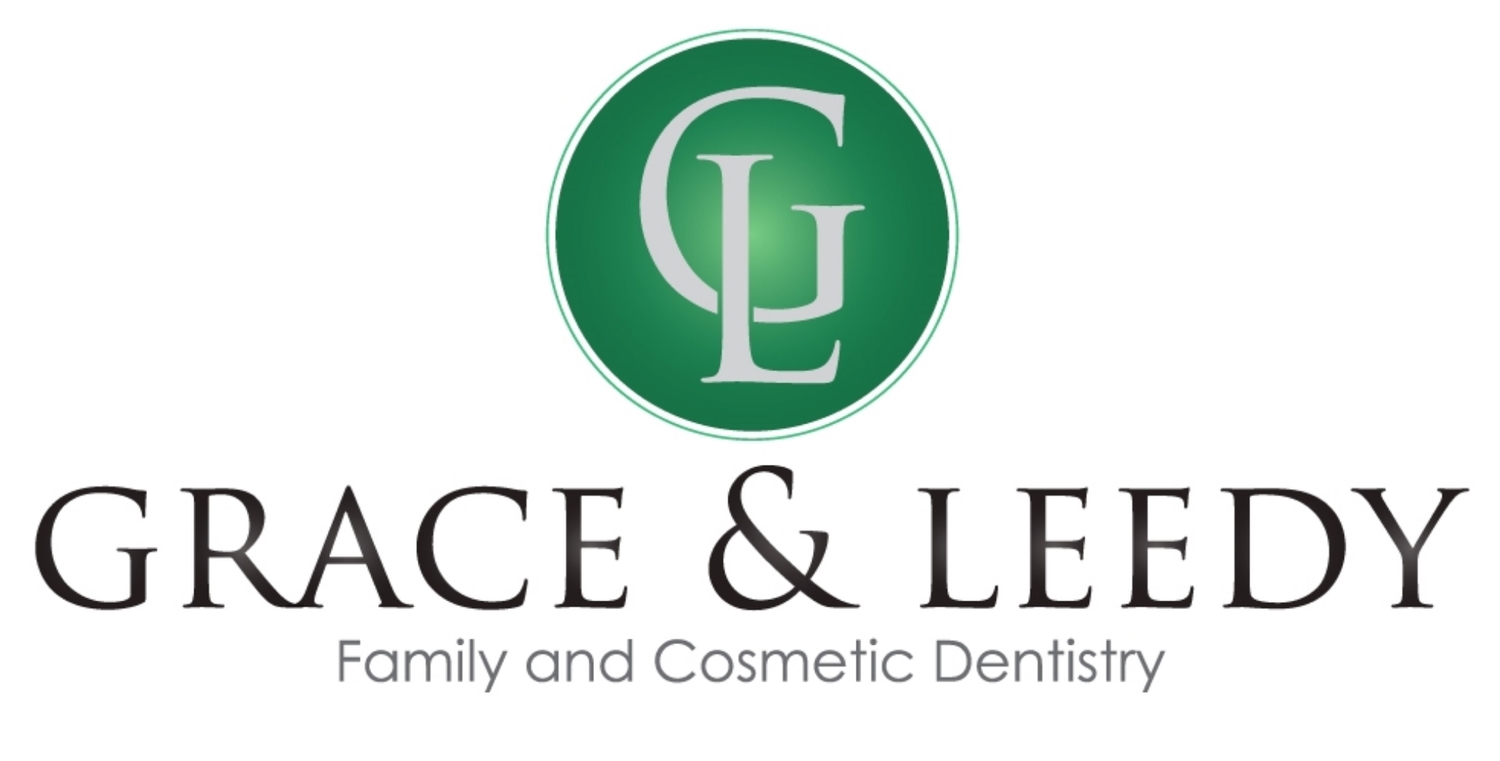
Do Face Masks Cause Cavities?
Much has been made of the mask debate this year, and no we’re not here to further debate this issue. The CDC recommends wearing a mask to reduce the spread of COVID-19, and we agree with this recommendation in our office and in public. However, a dentist in the Houston area has recently made news by proposing that wearing a face mask regularly could cause more cavities in patients. While this theory is no reason to panic about mask use, we thought it would be helpful to shed more light on the situation. So do face masks cause cavities?
The Theory On Masks And Cavities
In a nutshell, Dr. Piya Ghandi proposes that wearing a face mask can make nose breathing difficult. In response, many of us are resorting to breathing through our mouths while wearing a mask, especially when we’re active. We do know that patients with nose obstructions or chronic mouth breathing problems exhibit more cavities than those who regularly breathe through their nose. So the argument here is wearing a mask is making this condition more common than it would regularly be, which is why Ghandi is reporting a rise in cavities. Should we be worried?
Dry Mouth And The Link To Cavities
It is widely agreed among dentists that mouth breathing that leads to dry mouth is indeed a leading cause for cavity growth. Why is this? Well your saliva is your teeth’s biggest defense against bacteria. When you breathe through your nose, your mouth stays moist and your saliva continues to do its job. However, when you’re breathing through your mouth, the increased exposure to air dries the saliva out, thereby drying out your teeth. Left exposed, bacteria is free to grow and attack your enamel. Dry mouth can worsen when you drink sugary beverages or caffeinated beverages. This will quickly amplify the damage to your teeth in the form of cavities. So in short, yes, chronic dry mouth is something to be worried about. But how bad is it?
How Often Are You Wearing A Mask?
We don’t mean are you wearing a mask out in public. Please wear a mask when you are in public. But those who wear a mask for eight hours a day at work are likely more susceptible to mask-related dry mouth than someone who works from home. In addition, if you have an existing dry mouth condition, then this warning is certainly something to pay attention to and talk with your dentist about. Otherwise this is certainly a warning to take with a grain of salt for most people. And there are effective ways to reduce dry mouth in patients.
So How Do I Wear A Mask Respectfully And Fight Cavities?
Please, please do not take this article as an excuse not to wear a mask. Even if dry mouth is a minor concern with wearing a mask, there are plenty ways to minimize or even cure dry mouth. First and foremost, drink water! The more hydrated you are, the more ready your body is to make saliva. This ensures that even if your mouth gets a little dry, your body can make more saliva. You should always rinse with water when drinking sugary or acidic beverages or eating starchy or sugary foods. When allowed, take some time away from coworkers or other people to remove your mask and re-hydrate. Also refrain from chewing or eating candy while wearing your mask. Most importantly, keep up with your daily flossing and twice daily brushing. This will be your most important tool in the fight against cavities.
Checkups Are Important Too
While we know going into public can be tough these days, please don’t put off your dental checkups too long. If indeed masks are causing a rise in cavities, a dental checkup is our number one tool to catch these problems before the become worse (and more expensive for the patient). We have adopted strict COVID-19 policies and procedures, and we’re confident our office is the safest public place you can visit in a pandemic. Contact us today to schedule your next appointment, and keep wearing those masks!
Location
10881 West Asbury Ave Suite 210, Lakewood, CO 80227
Phone: (303) 989-0452
Office Hours
MON8:30 am - 1:30 pm
TUE7:00 am - 3:30 pm
WED - THU8:00 am - 5:00 pm
FRI7:00 am - 3:30 pm
SAT - SUNClosed









comments